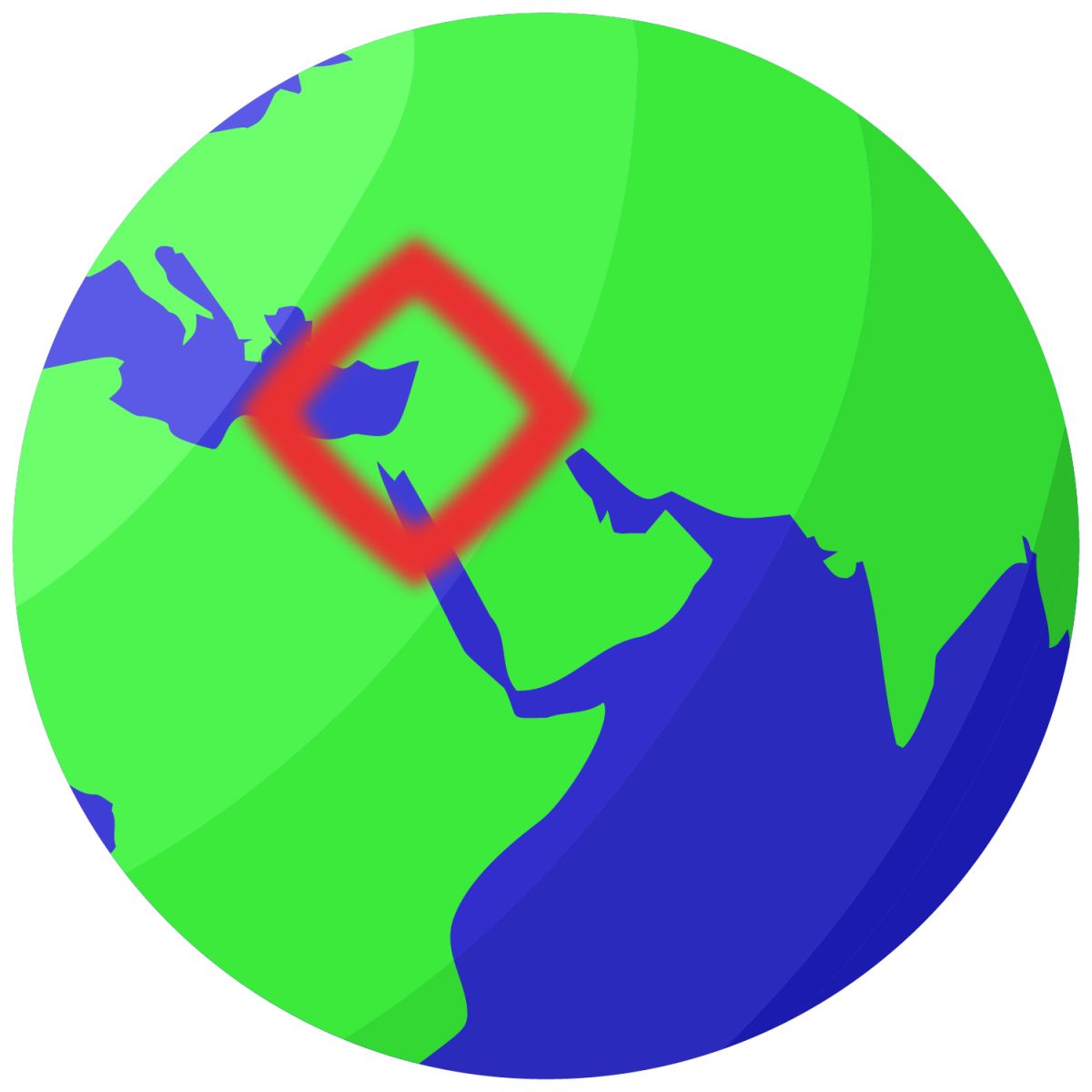In a first for the country, Iran fired missiles and explosive drones towards Israel on April 13, with the drones causing minimal damage to an Israeli military facility and no casualties being recorded. This attack was in response to what officials in Tehran, the capital of Iran, described as “Israeli crimes” in relation to an Israeli attack that killed seven Islamic Revolutionary Guard Corps officers on April 1. This previous attack involved Israeli-piloted F-35s striking an Iranian embassy in the Syrian capital, Damascus, where six rockets almost demolished the entirety of the building. Included in the death toll was Brig. Gen. Mohammad Reza Zahedi, who is now considered the most senior Iranian commander to have been killed since the Gaza war began.
Israel conducted a strike against Iran in response to Iran’s retaliation six days previous on April 19. This strike was postponed twice before taking place, with Israeli cabinet members carefully planning out their response to strike back against Iran and also avoid further worsening the conflict and keeping public favor.
In response to this attack, officials in Tehran downplayed what had occurred and do not seem to desire any sort of retaliation, seemingly to avoid a wider-scale war. The attack which Israel had conducted was against the city of Isfahan, which involved “mini drones.” Though, it seems no damage nor casualties resulted of this attack, making sense of Iran’s docile response. This is furthered by Iran’s description of the attacks as being coordinated by “Infiltrators” rather than outright blaming Israel.
This all comes during the ongoing conflict between Israel and Palestine, with officials from around the world actively discussing how to go about de-escalation and prevention of further conflict. Though refusing to comment for the most part, U.S. Secretary of State, Antony Blinken, commented that the United States would back Israel for security but would not involve themselves in any offensives. G7, or Group Of Seven, an informal grouping of high-ranking officials from Canada, France, Germany, Italy, Japan, the United Kingdom and the United States, demanded further work to prevent escalation. The group called for a ceasefire in Palestine, the releasing of hostages from Hamas and aid to be brought for civilians in Gaza, as well as a call for Israel to cease attacks against Rafah, which remains the last major refuge for the country’s citizens.
The latter request fell upon deaf ears, as Israel continued to commence airstrikes on the city of Rafah this past Friday, April 19, which contains roughly half of the country’s population. This airstrike took the lives of nine people in total, six being children. The day after, on April 20, two more airstrikes would hit the city. The first of the two took the lives of a husband and wife, along with their 3-year-old child. The second strike took the lives of 15 members of the same family, 13 being children and two being women.
An aid package of $26 billion was approved by the House of Representatives on April 20, which would see $9 billion go towards humanitarian aid for the citizens of Palestine, which still awaits on the approval of senators and President Joe Biden.
Iran Bombs Israel
0




